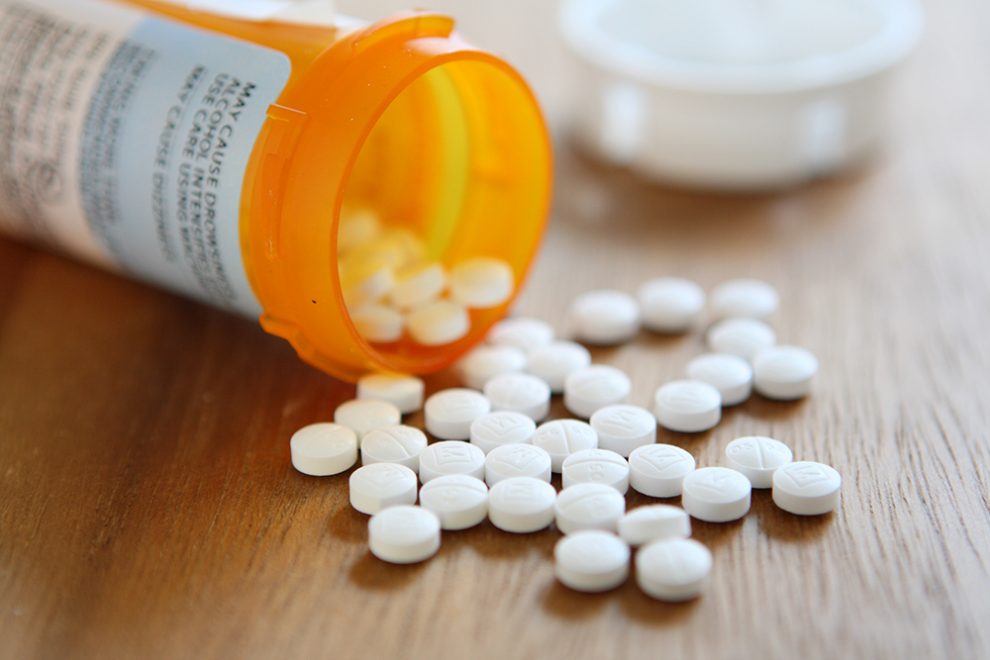10 years ago, if you told someone that using cleaning products could be harmful to their health they’d think you were being dramatic. But these days, it’s far more commonly accepted that the things lying around your home can potentially be toxic. Thanks to this awareness, many people have been throwing away their traditional cleaning, laundry and beauty products in favour of more natural alternatives.
However, what most people don’t realise is that there’s another potentially toxic culprit lurking in their homes — the medicine cabinet! Yes, it’s strange to think that something that’s meant to make you better could be hazardous. But keeping unnecessary medicines in your home can put your health at risk in a few different ways. Here’s how:
When they’re out of date
Those numbers on your medicine packets aren’t there to look pretty! It’s crucial to properly dispose of medicines that are out of date. Certain expired medications are at risk of bacterial growth, which can lead to serious illnesses. In a best-case scenario, they simply won’t work — meaning you won’t get the treatment you require.
If you dispose your medicine the incorrect way
A recent Griffith University study of over 4300 Australians found more than 80% of people do not know how to dispose of unwanted medicines safely and appropriately. 67% of respondents said they disposed of unwanted medicines with the usual household garbage, while 23% reported they pour them down the toilet or drain. While both options are harmful to the environment, the second could actually be indirectly harming your health. When medications are flushed down the drain, they end up contaminating our waterways — which unsurprisingly, is thought to be detrimental to our hormones and health.
The correct way to get rid of your medication is with the Return Unwanted Medicine’s (The RUM Project) simple three-step process. First, read the labels and expiry dates. Once you’ve determined what you no longer need, remove them and place them into a container or bag. Then, rather than throwing them in the bin, return them properly by taking them to your local pharmacy. Your pharmacist will put your medicines in a secure bin for safe disposal.
If you take the wrong ones
Taking medication that isn’t intended for you can be extremely dangerous — especially if you’re taking others. Accidental poisoning from medication is more common in people over 65 than any other demographic due to a higher amount of medicine taken on average. Not only that, seniors generally require longer hospital stays and have a higher mortality rate from accidental poisonings than any other age groups When you’ve got lots of different medications lying around in your home, it’s far too easy to get confused and take the wrong (especially if they’re not correctly labelled.) That’s why it’s so important to dispose of unwanted, expired and unlabeled medications. Always remember — when in doubt, throw it out (the correct way!)
If taken by children
According to the Poisons Information Centre, more than 5000 children end up in hospital due to medicine poisonings every year in Australia. They also receive more than 32,000 calls relating to children being unintentionally exposed to medicines. Most accidental poisonings occur in children younger than five years old, with children aged one to three years being at the greatest risk. With some medications, it only takes one pill for it be life-threatening for a small child. So, needless to say – little hands do not belong in medicine cabinets! Make sure you store your medications out of their reach from your visiting grandkids.
Return Unwanted Medicines — or The RUM Project — is a Federal Government-funded initiative that provides all Australians with a free and convenient way to dispose of expired and unwanted household medicines. Anyone can return their medicines to any community pharmacy at any time, for safe collection and disposal. You can find out more about The RUM Project here.





















Add Comment